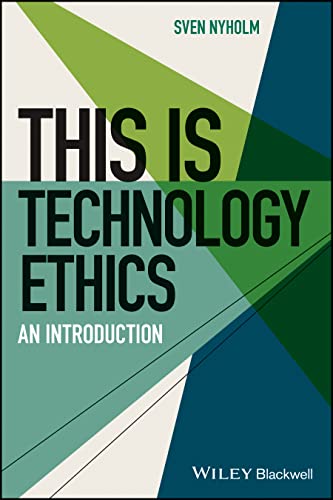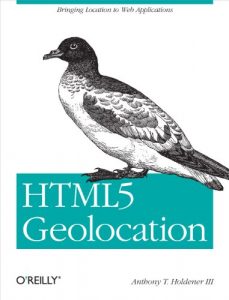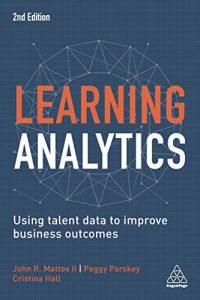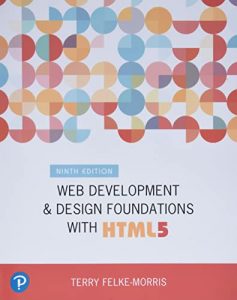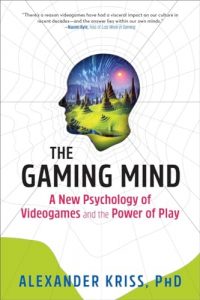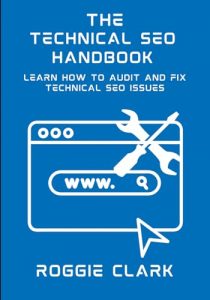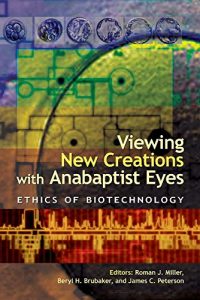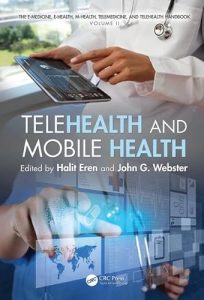Delving into Technology Ethics
In an era dominated by rapid technological advancements, the relevance of ethics within technology has never been more critical. As innovations reshape how we communicate, work, and live, they also raise profound ethical questions about responsibility, privacy, and equity. Understanding the intersection of technology and ethics is vital for both creators and consumers in navigating the complexities of the digital age.
Technology ethics helps illuminate the potential impacts of technologies on our societies and personal lives. It’s not merely a theoretical exercise; it’s a necessity for informed citizenship in a world where our decisions can have both intended and unintended consequences. Whether you’re a tech enthusiast, a professional in the field, or a concerned consumer, these insightful books provide valuable perspectives on technology’s ethical implications, encouraging a dialogue about responsible usage and innovation.
Book Reviews
This is Technology Ethics: An Introduction (This is Philosophy)
Published by Wiley-Blackwell, “This is Technology Ethics: An Introduction” serves as an excellent entry point into the complex world of technology ethics. It offers a comprehensive overview that lays the groundwork for understanding key ethical theories and their application in technology. This book is a must-have for anyone looking to grasp the foundational concepts of technology ethics, making it essential for students and professionals alike. With its clear explanations and engaging writing style, it demystifies the ethical landscape of modern technology, encouraging readers to reflect critically on their technological interactions and responsibilities.
Technology Ethics
“Technology Ethics” from Routledge offers a deep dive into the ethical dilemmas posed by the technology industry. This book goes beyond traditional ethical principles by examining specific case studies that illustrate the real-world implications of technology-driven decisions. The lessons within these case studies are relevant for professionals in tech, policymakers, and consumers grappling with ethical choices in using new technologies. Its critical approach encourages readers to ponder significant issues such as data privacy, algorithmic bias, and the ethical use of artificial intelligence.
Technology Ethics: Responsible Innovation and Design Strategies
“Technology Ethics: Responsible Innovation and Design Strategies” by Polity focuses on the ethical dimensions of innovation and design in technology. The book offers practical guidance on implementing ethical practices in the design processes of products and services. It emphasizes the importance of foresight in innovation, empowering technologists to consider the social repercussions of their creations. This insightful read is a valuable resource for designers and innovators who aim to integrate ethical considerations into their work effectively.
Ethics in Information Technology
“Ethics in Information Technology” from Cengage Learning offers a comprehensive review of ethical issues specific to the IT industry. This book explores various ethical dilemmas that IT professionals encounter, including data management, user privacy, and security. Its approach combines theoretical discussions with practical examples, allowing readers to critically analyze scenarios they are likely to face in their careers. This blend of theory and practice makes it a vital resource for IT students and professionals seeking guidance on ethical decision-making in technology.
Computing and Technology Ethics: Engaging through Science Fiction
The MIT Press’s “Computing and Technology Ethics: Engaging through Science Fiction” uses science fiction as a tool to explore and critique ethical issues in computing and technology. This imaginative approach engages readers by prompting them to think critically about futuristic scenarios and their ethical implications. The book is perfect for educators and students looking to stimulate discussions around ethical reasoning in technology, blending creativity with serious considerations in ethics.
The Ethics of Technology: Methods and Approaches
“The Ethics of Technology: Methods and Approaches” is a provocative collection from Rowman & Littlefield Publishers that dives into various methodologies applied to technology ethics. It encompasses a broad range of perspectives and approaches, making it an enlightening read for anyone looking to gain a deeper insight into the field. From philosophical frameworks to practical ethical applications, this book serves as a comprehensive guide to understanding the multifaceted nature of technology ethics today.
Technology Is Not Neutral: A Short Guide to Technology Ethics
“Technology Is Not Neutral” emphasizes the notion that technology—and the choices surrounding its creation and use—are inherently political and laden with ethical significance. This concise yet powerful guide encourages readers to scrutinize the neutrality of technology and how it affects everyday life. It serves as an eye-opener for those unfamiliar with the ethical dimensions of their technological engagements, making it a must-read for all technology users.
Ethics and Technology: Controversies, Questions, and Strategies for Ethical Computing
“Ethics and Technology: Controversies, Questions, and Strategies for Ethical Computing” brings together a wealth of discussions around pressing ethical dilemmas in technology. The book provides a thorough exploration of controversies, supported by real-life case studies and strategic solutions for ethical computing. It is an essential read for computer science students and practitioners who wish to deepen their understanding of ethical responsibilities in technology.
Ethics, Technology, and Engineering: An Introduction
“Ethics, Technology, and Engineering: An Introduction” critically examines ethical frameworks relevant to engineering within technological contexts. Published by Wiley-Blackwell, it seeks to contextualize engineering ethics in the rapidly changing digital landscape. This book is indispensable for engineering students and professionals alike, as it equips them with the ethical tools necessary to navigate their field responsibly and effectively.
Ethics in the AI, Technology, and Information Age
Lastly, “Ethics in the AI, Technology, and Information Age” delves into the ethical implications of artificial intelligence and its integration into existing technologies. This book addresses fundamental questions surrounding AI and automation, offering thoughtful insights into how we can responsibly embrace these advancements. With topics ranging from data ethics to the societal impacts of AI, this book is a vital contribution for anyone interested in the future of technology.

